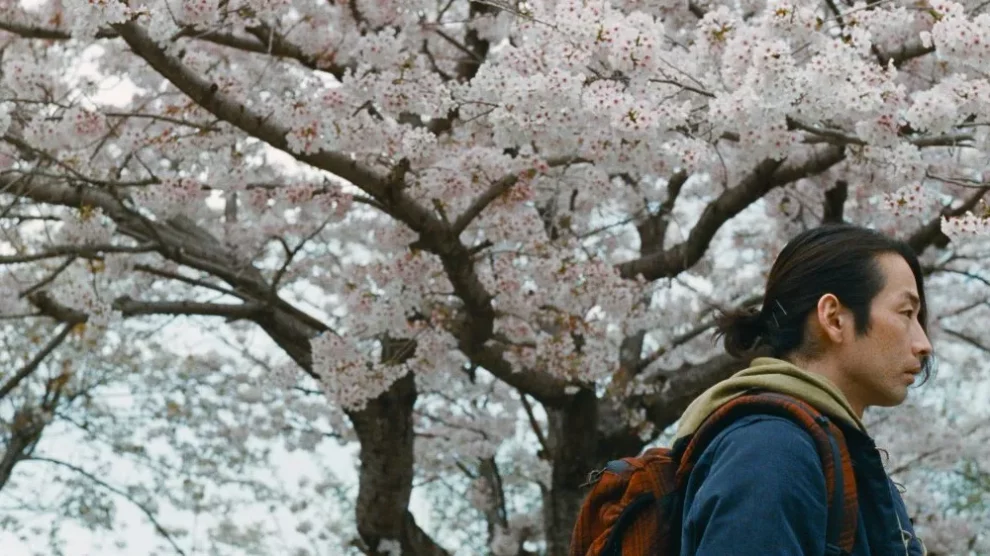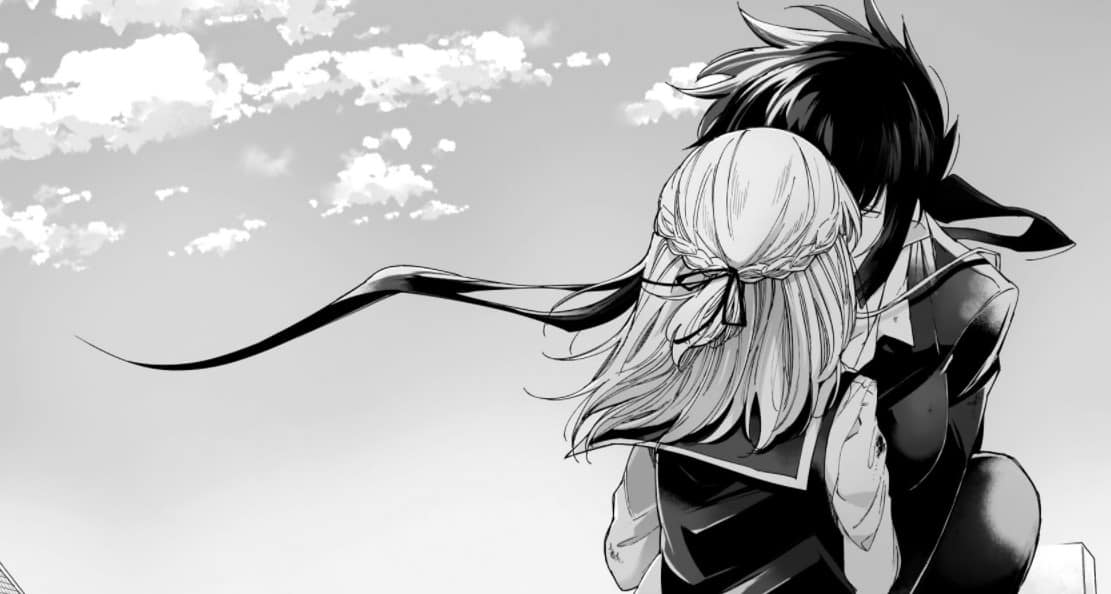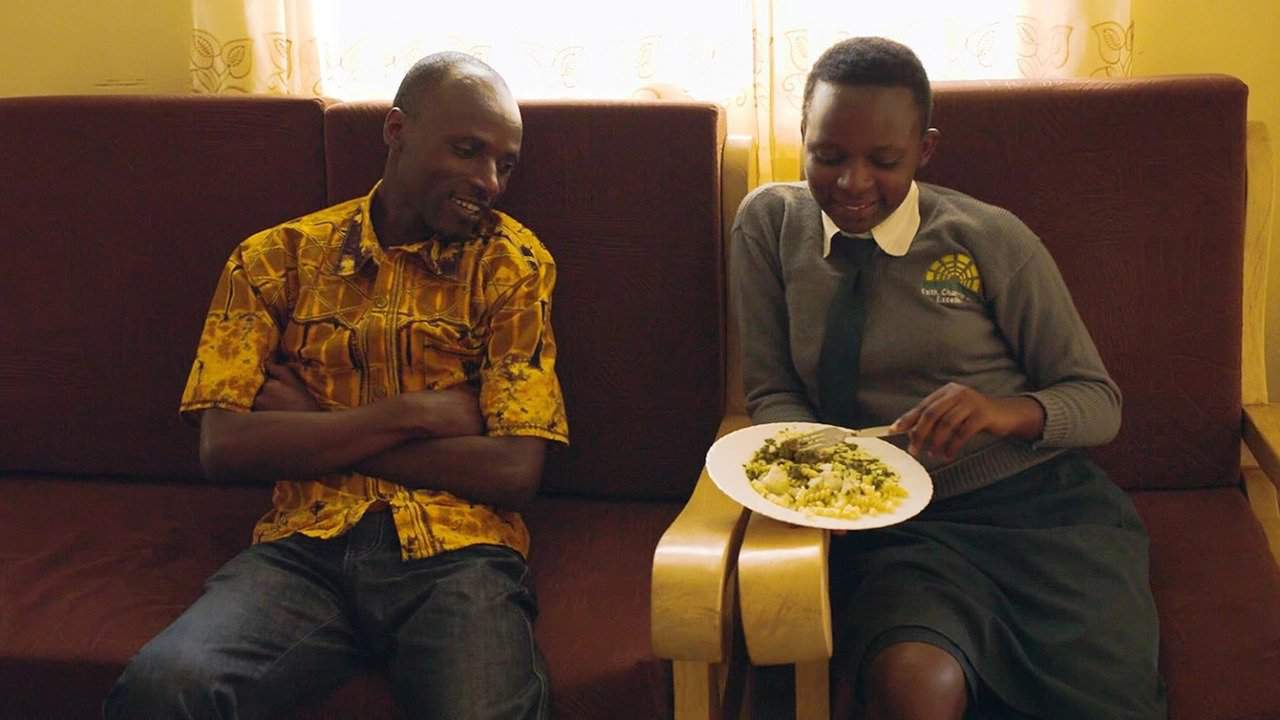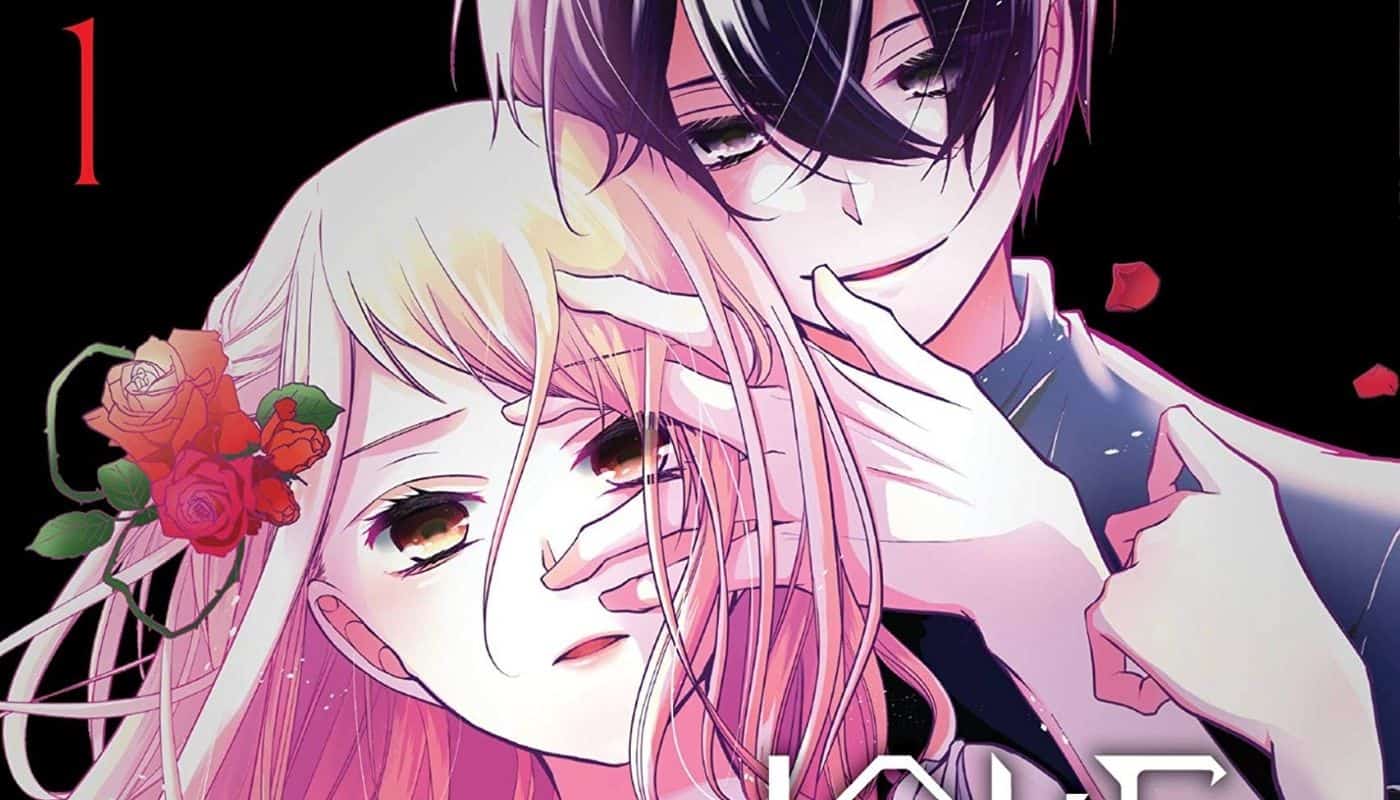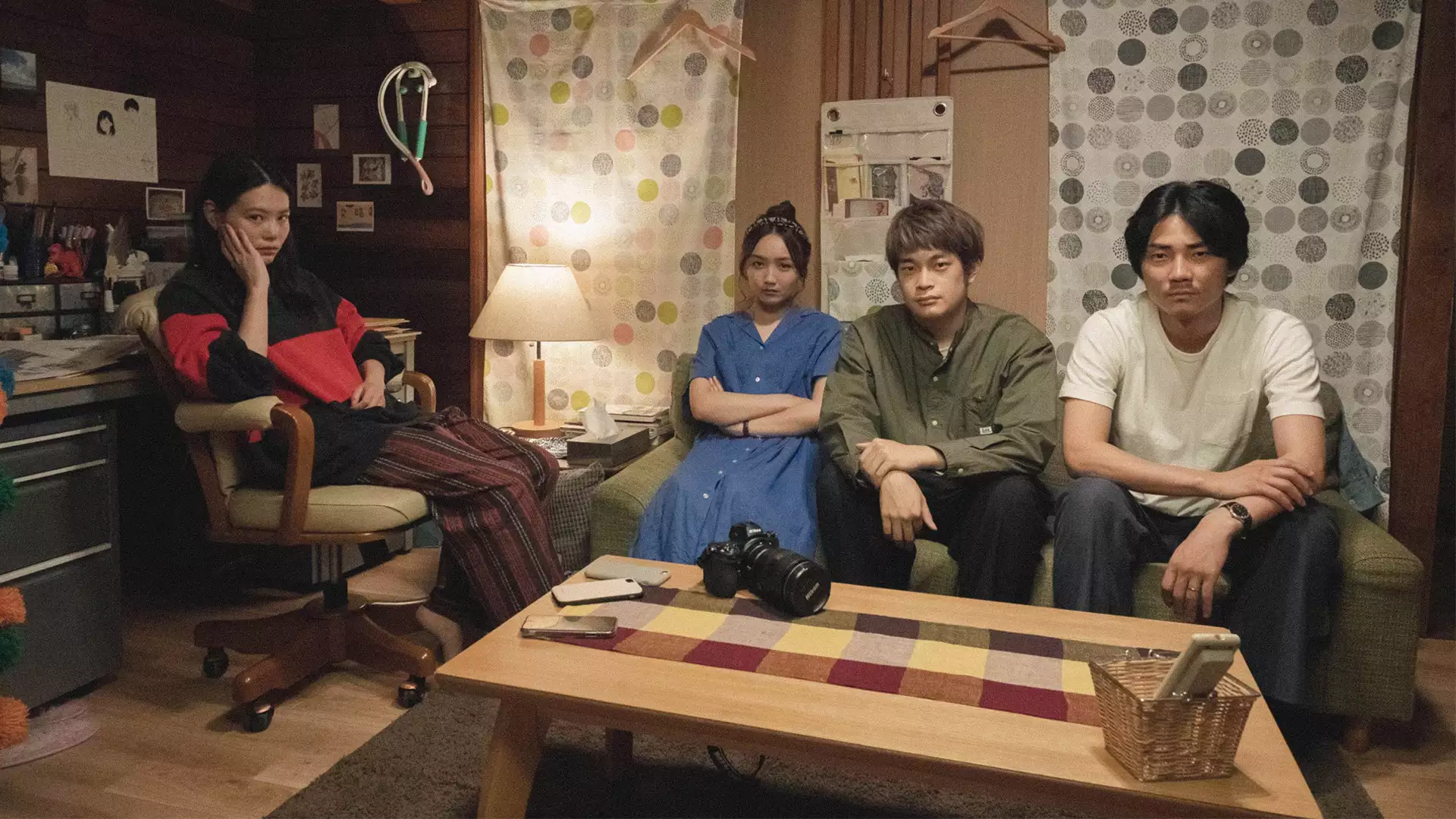Up-and-coming filmmaker Kei Chikaura unveils a second impressive feature film with “Great Absence.” Where his previous movie, “Complicity,” focused on cross-cultural communication, for his newest project, Chikaura utilizes personal experiences in a co-written effort with Keita Kumano to tell a story of family reconciliation. Collaborating with the director again is legendary actor Tatsuya Fuji, best known internationally for starring in Nagisa Oshima's films “In the Realm of the Senses” and “Empire of Passion.”
Great Absence is screening at Toronto Japanese Film Festival

Takashi is an actor based in Tokyo preparing for his latest role, with guidance from his producer, Yuki, who also happens to be his wife. While rehearsing, he is summoned by law enforcement to receive news that his father, Yohji, whom he has an estranged relationship with, had his home raided following a distress call. Reluctant due to personal resentment toward his parent, he eventually decides to see him in Southern Japan with his lover, who accompanies him, visiting him in a care facility where he has been confined. His dad has dementia, and his health and mental state are progressively worsening. Additionally, his partner, Naomi, whom Yohji had left his son's mother for, is absent, initiating a mystery. Eager for answers, Takashi, with Yuki's help, searches for clues as he scavenges through his father's cluttered home and consults the people in his life while also reflecting on his relationship with his father, whom he has remained distant from for a long time.
Check the interview with the director
With a deliberately slow pace and gradual reveals that include jumping back and forth between the past and the present, “Great Absence” demands the audience's focus. Yet, this isn't a bad thing, for what Kei Chikaura offers through his direction and screenplay is a mystery drama that primarily functions as a meditative look at reconciliation within a broken family. Difficult discussions are raised through the film's careful plotting and how the characters contribute to the overarching storytelling. The idea of a loved one, let alone a parent, having their days numbered and witnessing how they handle their deteriorating health is sad. Yet, it becomes harder when that same person has remained estranged from their child for so long, and specific details revealed about them are unpleasant, such as how they've treated others who have tried to help them. Rather than take a predictable route presented as utterly black-and-white, Chikaura presents these emotional conflicts in a very grounded manner where there is no easy answer to all this, further enhanced by the movie's eerie, melancholic atmosphere.
Additionally, this movie has underlying themes of love and humanity, such as the determination to help someone even if their relationship with that person, such as Takashi's with his father Yohji, is cold and distant. Additional thematic elements explored include how humans handle the concept of forgiveness and how it ultimately lies within the individual's will rather than being automatically expected regardless of the scenario. How the mystery is structured and unfolds isn't intended to unleash some twist that will shock viewers to their core, but instead, a poetic quest to patch up loose ends and seek a sense of closure, for only then would the characters accept things and continue with their lives, regardless of how long or short it will be.
Self-reflection is also a driving force in “Great Absence,” since the more Takashi learns how his father took Naomi's kindness for granted and treated her, the more he begins to reflect on himself and his romantic relationship with his wife. Having Takashi and Yuki grow closer as they try to help Yohji discover Naomi's whereabouts is also an effective way to showcase how a loving relationship can be strengthened by supporting one another during tough times. Introspection also applies greatly to Yohji reflecting on his life in his pending final days as his dementia worsens, including regrets and seeing people in his life, like Naomi, fade away, much like his memories.
Fine performances enrich the experience. Mirai Moriyama continues to showcase his skills as an actor, excelling in the role of Takashi. He gives the character subtle layers as he becomes more involved in helping his father, bonding with his wife, and determining where Naomi is. Yoko Maki makes Yuki's positive influence on him feel all the more believable. Tatsuya Fuji is superb as Yohji, bringing emotional depth to a sad and heavily flawed individual struggling even more due to the circumstances in his life. Being a long-established natural talent, Fuji excellently plays off his co-stars, especially his partner Naomi, whose presence is more impactful due to Hideko Hara's marvelous acting.
To visually capture his vision for melancholic ambiance, Kei Chikaura recruits frequent Hirokazu Koreeda cinematographer Yutaka Yamazaki, who delivers stellar work. The shots are beautifully composed, and this lingering sadness looms over the characters even in the most vibrant settings. Additionally, the minimalist music score by Koji Itoyama is effective.
Too often, the narrative trope of someone with a health issue is utilized for shallow emotional manipulation while typically covering up a poor screenplay. Kei Chikaura shows with “Great Absence” that such a significant plot point can be effectively incorporated into storytelling where the emotions feel earned. Good acting and beautiful cinematography make this atmospheric journey all the more immersive.


